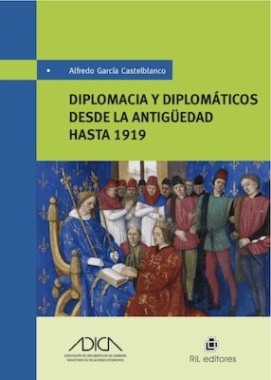
Estás filtrando por
Se encontraron 1869 resultados en recursos

Compartir este contenido
Diplomacia y diplomáticos desde la antiguedad hasta 1919
Copia el enlace o compártelo en redes sociales
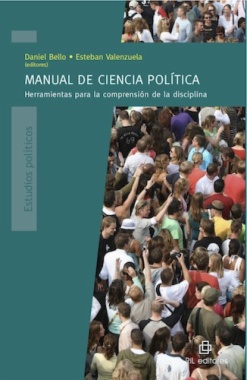
Manual de ciencia política
Compartir este contenido
Manual de ciencia política
Copia el enlace o compártelo en redes sociales
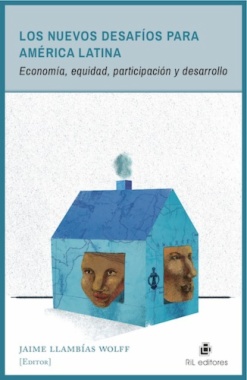
Los nuevos desafíos para América Latina : economía, equidad, participación y desarrollo
Compartir este contenido
Los nuevos desafíos para América Latina : economía, equidad, participación y desarrollo
Copia el enlace o compártelo en redes sociales
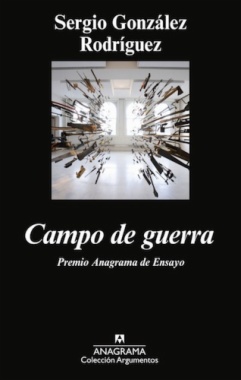
Campo de guerra
Compartir este contenido
Campo de guerra
Copia el enlace o compártelo en redes sociales
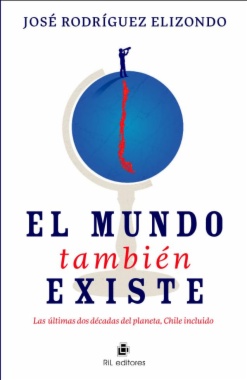
El mundo también existe : Las últimas dos décadas del planeta, Chile incluido
Compartir este contenido
El mundo también existe : Las últimas dos décadas del planeta, Chile incluido
Copia el enlace o compártelo en redes sociales
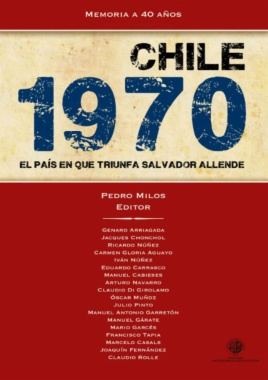
Chile 1970 : el país en que triunfa Salvador Allende
Compartir este contenido
Chile 1970 : el país en que triunfa Salvador Allende
Copia el enlace o compártelo en redes sociales
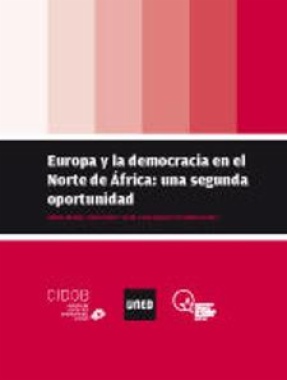
Europa y la democracia en el Norte de África: una segunda oportunidad
Compartir este contenido
Europa y la democracia en el Norte de África: una segunda oportunidad
Copia el enlace o compártelo en redes sociales
Manifiesto que los infrascrisos miembros de la Convención hacen al Estado y á la Nación : 13 de Noviembre de 1884
Compartir este contenido
Manifiesto que los infrascrisos miembros de la Convención hacen al Estado y á la Nación : 13 de Noviembre de 1884
Copia el enlace o compártelo en redes sociales
Maquiavelismo. 16 de enero de 1897
Compartir este contenido
Maquiavelismo. 16 de enero de 1897
Copia el enlace o compártelo en redes sociales
La unión liberal en el Tolima i su programa: 10 de Enero de 1884
Compartir este contenido
La unión liberal en el Tolima i su programa: 10 de Enero de 1884
Copia el enlace o compártelo en redes sociales
Selecciona las Colecciones en las que vas a añadir el contenido
Para consultar los contenidos añadidos busca la opción Tus colecciones en el menú principal o en Mi perfil.
